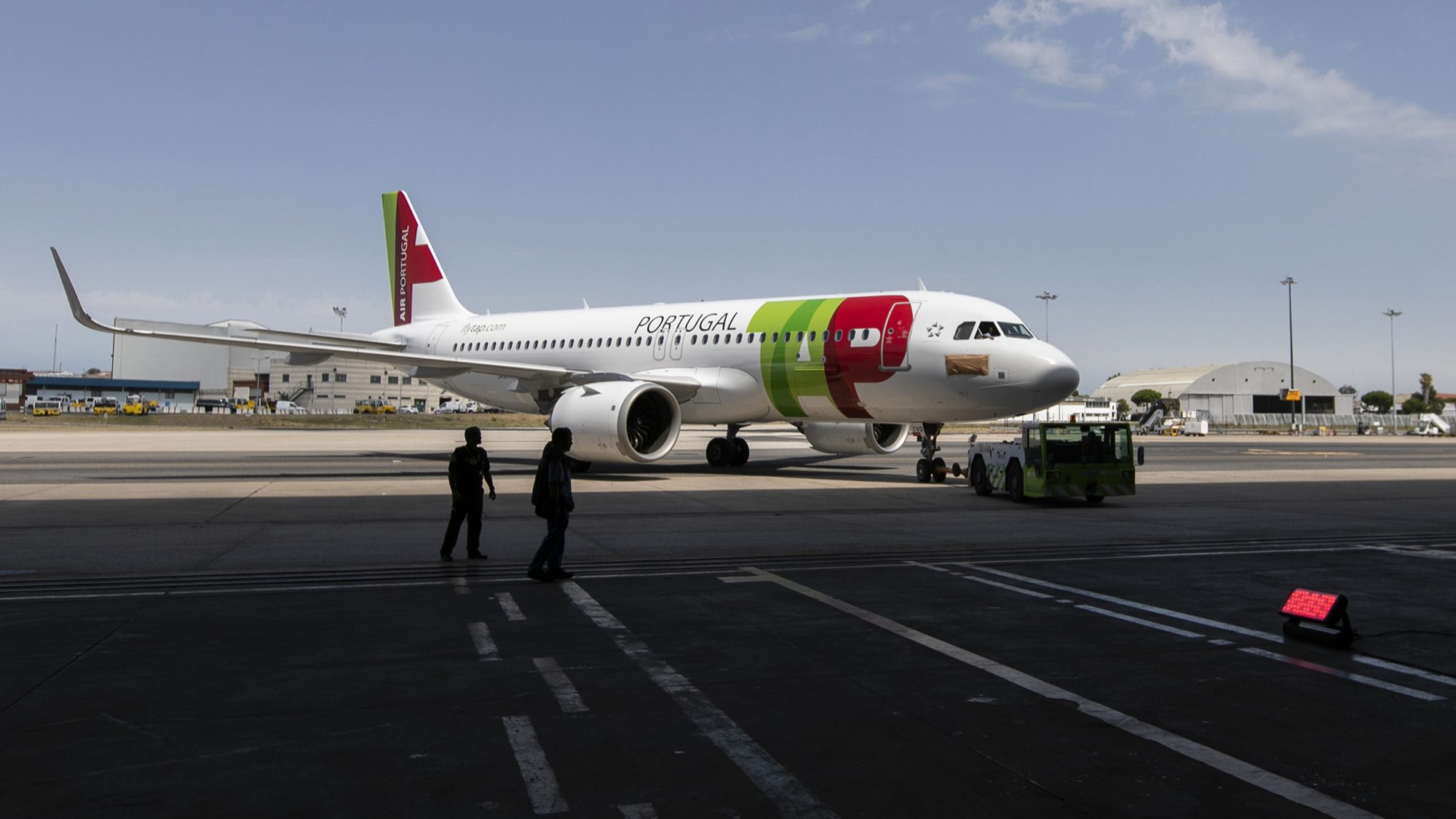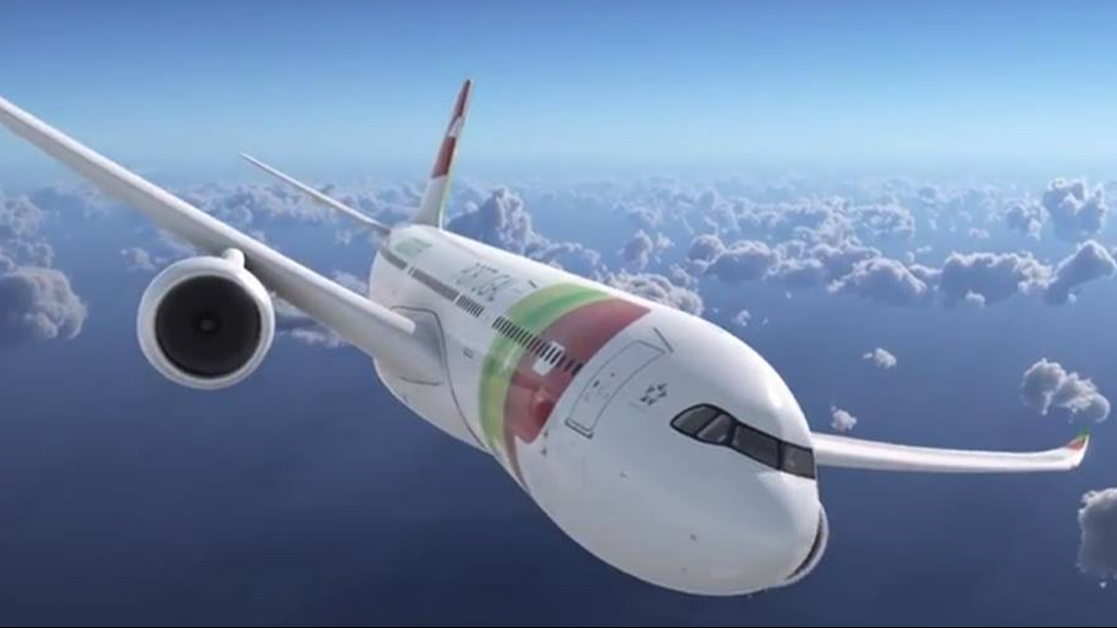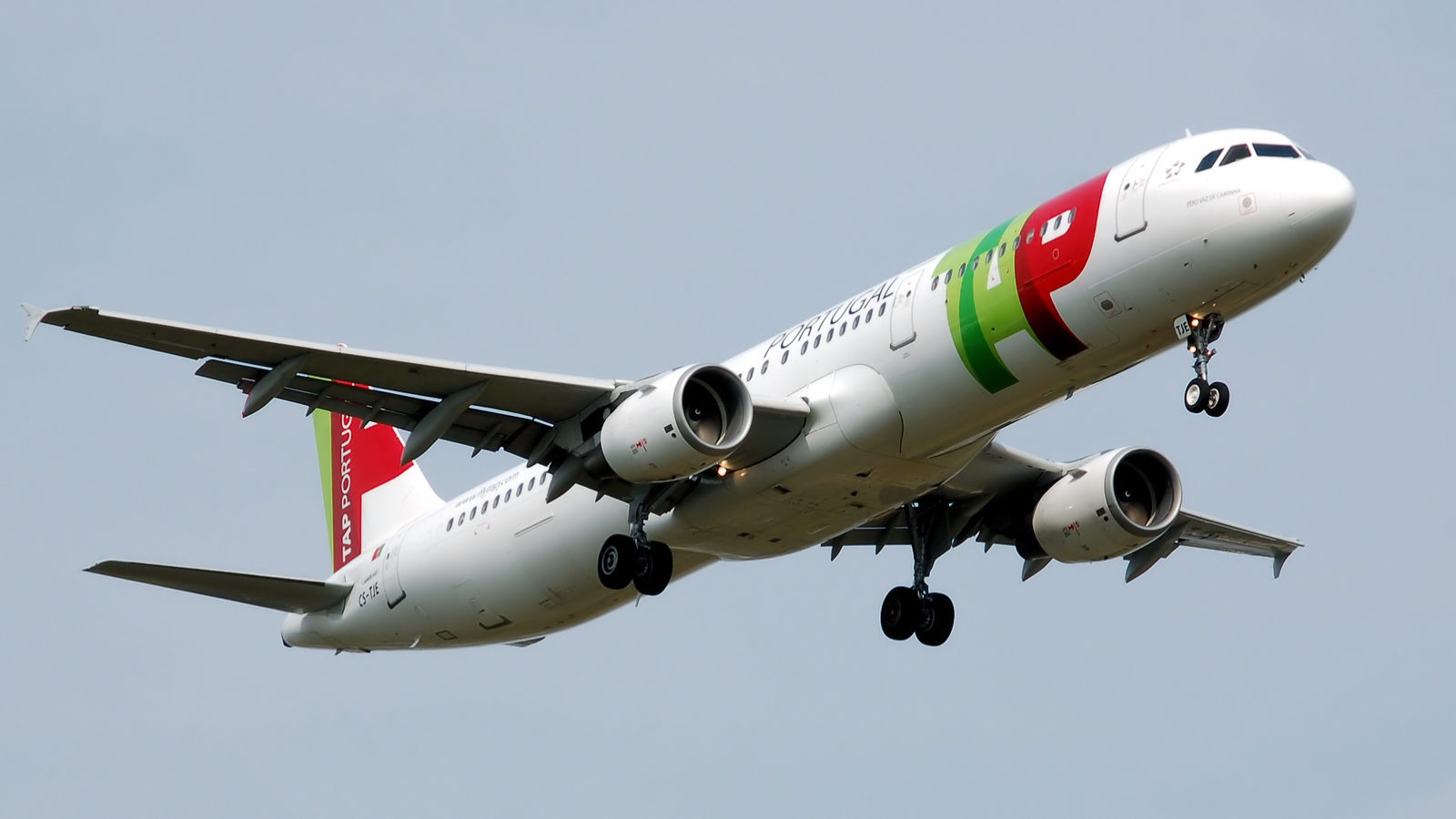TAP needs 600 million to 700 million euros
Pedro Nuno Santos challenged the private sector to tell the truth about TAP's financial needs. The calculations were made, and the company needs 600 million to 700 million euros.
Pedro Nuno Santos, Minister for Infrastructure and Transport, went to Parliament and challenged TAP’s private shareholders to reveal the true value of the airline’s financial needs, leaving it implicit that the 350 million to 400 million euros announced by Humberto Pedrosa are below the real value. And according to ECO’s findings from two TAP sources, 600 million to 700 million euros will be needed to ensure the company’s commitments are met, and in a scenario of a return to activity in the second half of the year.
TAP is literally on the ground, has moved to a lay-off of about 90% of workers and is now in negotiations with the government for a company’s capitalization to guarantee the “cash” as of June. Recently, Humberto Pedrosa told ECO that TAP would need a state-guaranteed loan of between 350 million and 400 million euros, but he also admitted the need for a capital increase in 2021. But the government, either through Minister Pedro Siza Vieira or the Minister for Infrastructure, Pedro Nuno Santos, has already made it known that it is not available for an operation in two moments. And it is the sum of these two operations that explains TAP’s “revised and increased” financial needs.
Whatever the financial operation, capital increase or issuance of bonds convertible into shares – similar to the model followed for the recapitalisation of banks after 2011 – will be done at once, and in the context of a change in the company’s governance. This is what the Minister for Infrastructure made known this Wednesday in Parliament. Pedro Nuno Santos noted that any intervention by the state in the airline “will require the state, through the government, to monitor all decisions that will be taken in the coming months.”
TAP’s management is now waiting for a government decision, and here the ‘signature’ of Mario Centeno is decisive because of the impact on public accounts. TAP will now have about 300 million euros in “cash”, but it has financial commitments to meet, so it needs a fresh cash injection during May or, at the latest, in early June.
Pedro Nuno Santos also made it clear that the solution to another loan is not what TAP needs right now, because it already has a high level of debt. Just in the aircraft’s leasing, TAP has an annual charge of around 400 million euros. “The private debt solution is not credible”. “With a debt of 800 million euros, and with all the activity standing still, it tells me that a loan of 350 million guaranteed will solve the problem?”, he asked, in response to CDS member João Gonçalves Pereira. And he left a message. “The 350 million will not solve the problem of TAP. So let the private shareholder tell the truth and how much it needs by the end of the year”. ECO had already revealed two weeks ago that TAP’s financial needs would exceed 500 million euros, a figure later updated to 600 million to 700 million euros with the prospect of a slow recovery in the economy throughout 2020.
The private shareholder, i.e. Atlantic Gateway, a consortium of David Neeleman and Humberto Pedrosa who owns 45% of TAP, has another reason on the table to justify the loan request instead of a capital solution – which would dilute his shareholder position: It will be easier for a private shareholder to renegotiate the leasing contracts for the purchase of aircraft and request a moratorium from the bank. “All that remains is to know what [the state’s] financial solution will be to move forward with the proposal,” an unofficial TAP source told ECO.
TAP’s capital needs have another explanation. Almost all of TAP’s fleet is down, but even when flights are resumed, relatively low aircraft occupancy rates of around 25% can be expected, especially until there is a definitive solution, a vaccine, for Covid-19. And those flights will require financial availability, because they will generate losses.
TAP’s private shareholders had the expectation that the government could present this Thursday a solution for the company, but by the end of yesterday they had no information confirming this possibility.


